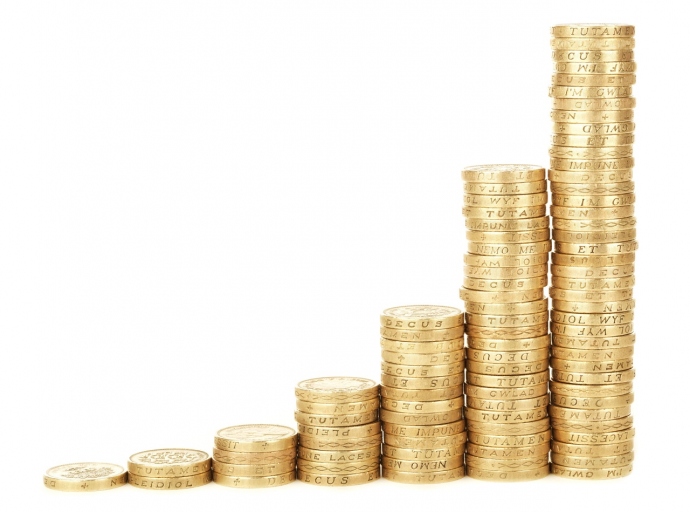Making small changes to how you use energy can make a big difference when it comes to the numbers on your monthly utility bills. Fortunately, there is no need for a substantial investment of money or time to ensure you begin living greener and wasting less energy.
Depending on a few factors including the number of appliances and the size of your home, these no-cost changes can help your business or home save loads of energy in the long run!

Tip #1
Consider lowering the thermostat on your water heater to 50 degrees Celsius. Doing so could help you save £10 – £25 yearly for every 10 degrees of heat reduction.
Tip #2
Instead of using the drying cycle of your dishwasher, simply air dry your dishes. This can cut down dishwasher energy use by 15 to 50 per cent.
Tip #3
Unplug the electronics that you don’t use. Standby power can cost you up to 10% of your annual electricity consumption and unplugging the devices can easily save you around £50 a year.
Tip #4
Insulating your home can help you save up to 10% on cooling and heating costs. Consider installing energy-efficient cladding system to save energy used for cooling and heating in the long run.
Tip #5
If you’re still using a desktop computer, switch to a laptop. Laptops use up to 80% less electricity than desktop computers.
Tip #6
Many of us love taking hot showers, but if you want to save energy, take shorter showers. This way you will not only save electricity, but may also save thousands of litres of water per year.
Tip #7
For maximum water efficiency, choose a showerhead with less than a 2.5 GPM flow rate.
Tip #8
Using an electric heater? Save 5% on your heating bill by lowering your thermostat by only two degrees. You could save up to 10 per cent by reducing it by five degrees.
Tip #9
Instead of using traditional incandescent bulbs, opt for energy-efficient LED and CFL bulbs. Make sure that you also turn off unnecessary lights, especially when they serve no purpose.
Tip #10
Wash your laundry with cold water. Detergents these days work just as well with cold water as they do with hot water. This straightforward change could help you save up to £100 per year. Additionally, let your clothes dry naturally, as dryers use lots of energy too.
Tip #11
If you plan on having a vacation for a few days, turn off the water heater. Most units will reheat the water to keep it on the set temperature unless otherwise programmed.
Tip #12
When cooking, leave the lids on pots to reduce cooking time. Consider cooking more so you can have leftover meals for dinner or the next day.
Tip #13
If possible, make use of a toaster, crock pot, or microwave. Compared to an oven, they are more energy-efficient because they get the job done faster.
Tip #14
Always set your refrigerator according to the recommendation of the manufacturer to avoid wasting energy from excessive cooling.
Tip #15
When using the oven, turn it off a few minutes before the cooking time is over. Your meal will continue to cook without having to use additional electricity.
Tip #16
Replace or change the filters in your furnace every three months. A dirty filter reduces air flow and makes the machine work harder.
Tip #17
Before buying an appliance, always check the energy label. Purchasing an energy-efficient fridge, freezer, or TV could make a lot of difference.
Final Word
There are many things that you can do to save energy without feeling uncomfortable. With the simple changes introduced in this post, you can now reduce your utility bills and invest the savings in further improvement of the energy-efficiency of your home!

